- Advertise
-
Subscribe
‘27 Club’ Music Stars We’ve Loved and Lost
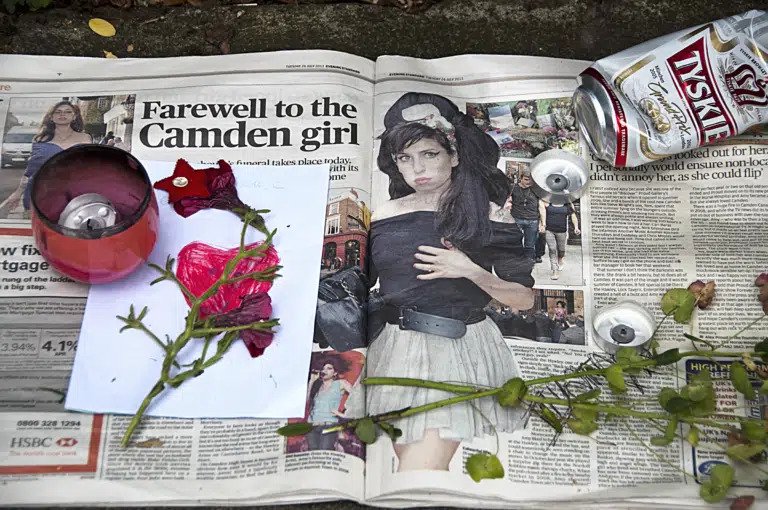
The ‘27 club’ is a tragic testimony to the music industry’s obsession with living fast and dying young.
A decade on from the shocking death of British jazz singer, Amy Winehouse, we remember ten of the greatest musical talents who were taken too soon.
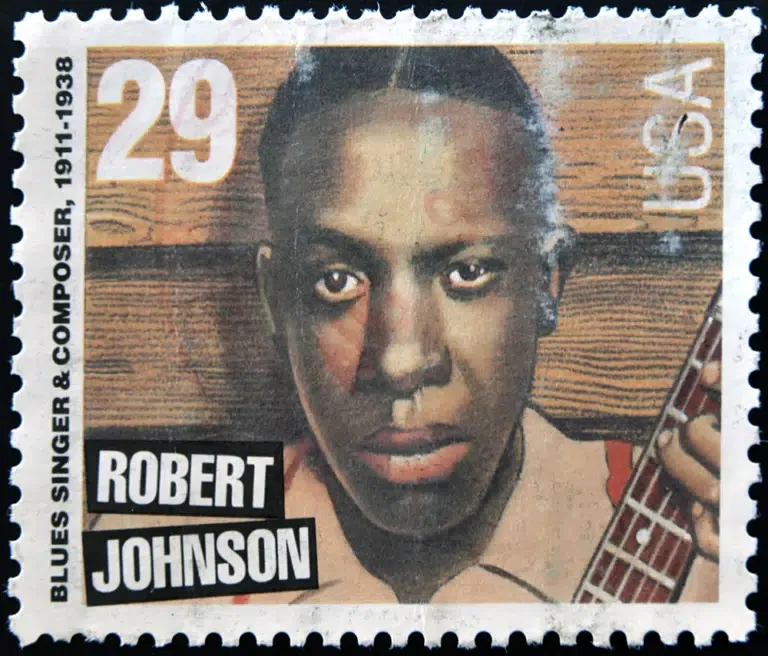
Robert Johnson (1911-1938)
Johnson isn’t the first great talent to die at 27, but he is widely considered to be the club’s first member.
The American Blues singer/guitarist had little commercial success in his lifetime, but in the years proceeding his death was named ‘the most important blues singer that ever lived’ by the likes of UK icon, Eric Clapton.
The circumstances surrounding his death also garnered him attention post-mortem. The singer’s death certificate doesn’t list a cause, but oral storytelling sources say that a poisoned whisky bottle given to him by the husband of a woman he spoke to in a bar could have been the culprit.
Brian Jones (1942-1969)
Best known as the founder and original leader of British rock band, The Rolling Stones, Jones was discovered dead in his swimming pool in 1969.
Despite being a pioneer of the band’s musical direction, Jones’s drug and alcohol problems led to his dismissal from the Stones a month before his death, replaced by guitarist, Mick Taylor.
The blame for his fatal accident has been laid at the feet of a variety of people.

A construction worker, Frank Thorogood, was rumoured to have killed him in a dispute over money. Even former band members – Mick Jagger in particular – have been burdened with the guilt of aiding Jones’s deterioration.
In an interview in 1995, Jagger said that although he didn’t feel guilty about Jones’s death, he ‘wasn’t understanding enough about his drug addiction’.
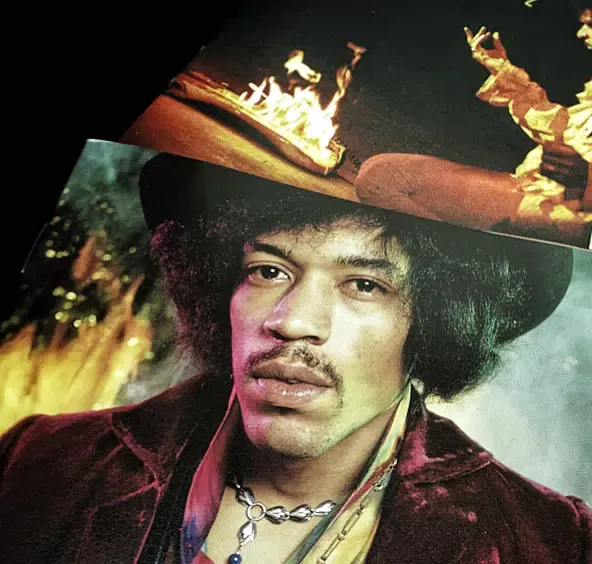
Jimi Hendrix (1942-1970)
Hendrix’s mainstream career lasted only four years, but his impact on electric guitar playing is considered transformative.
The Rock and Roll Hall of Fame called him ‘arguably the greatest instrumentalist in the history of rock music’, which is certainly not to be sniffed at.
In the wake of Brian Jones’s death, Hendrix dedicated a song to him on US television as a tribute. Tragically, Hendrix himself died just months later in an incident that was also linked to drug abuse. The rocker died of asphyxiation after taking 18 times the recommended dose of sleeping tablets.
Janis Joplin (1943-1970)
Joplin started out with psychedelic rock band, Big Brother and the Holding Company, but left to pursue a solo career after releasing two albums.
She was inducted into the Rock and Roll Hall of Fame after her death, and named in two ‘100 Greatest Singers of All Times’ lists in 2004 and 2008 respectively.
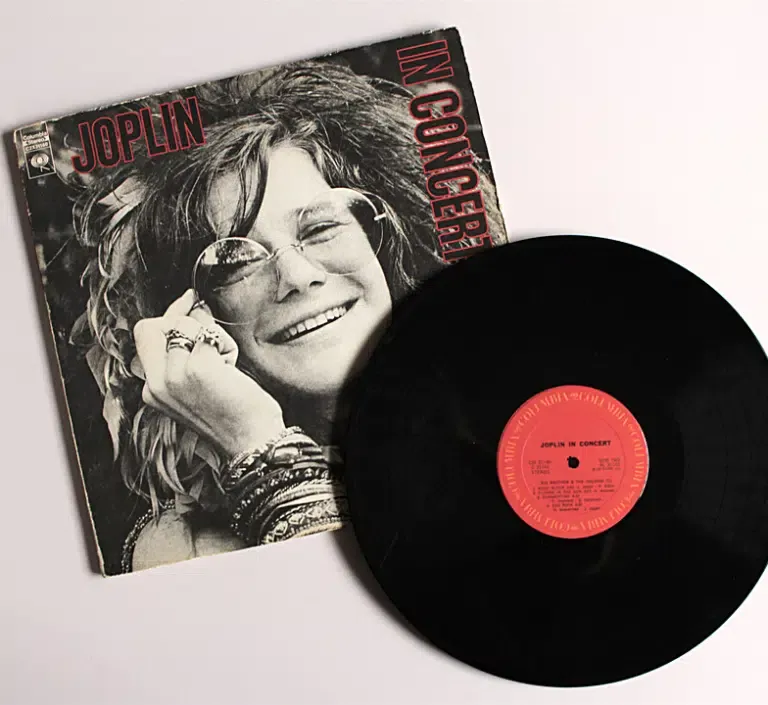
The singer’s death was attributed to an accidental heroin overdose.
Reportedly, various other drug-users who had bought heroin from the same dealer died of an overdose during the weekend of her death, fuelling suspicions that the drugs Joplin bought were much stronger than usual.
Jim Morrison (1943-1971)
The deaths of Jones, Hendrix, Joplin, and Morrison in quick succession brought widespread media attention to the ‘27 club’ as a music phenomenon.
During his life however, Morrison was said to ‘embod[y] hippie counterculture rebellion’. The rocker’s rebellious lyrics and unpredictable stage presence contributed to his rapid rise to fame with his self-founded band, The Doors.
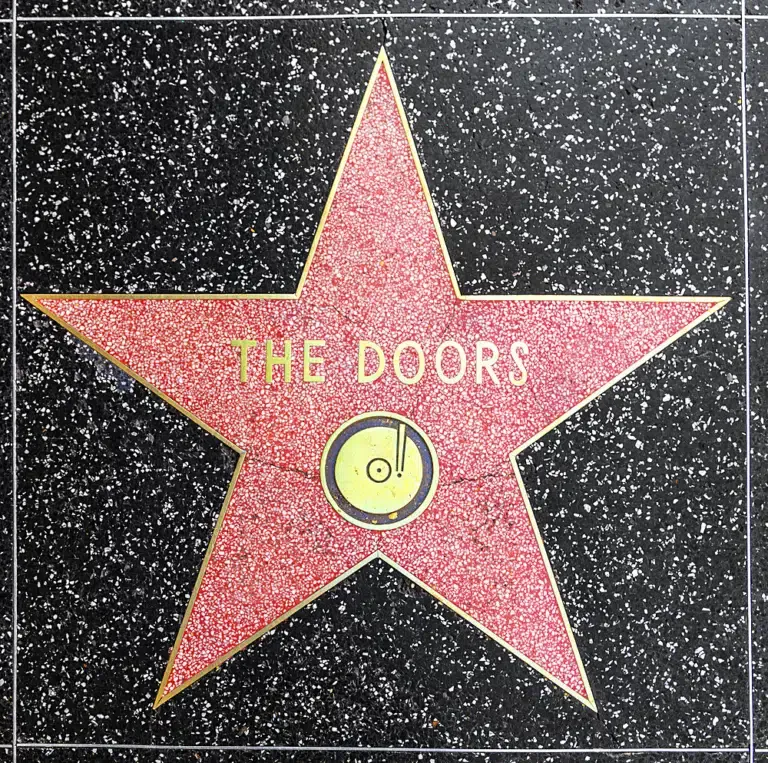
All six of the albums the group released had huge sales and critical acclaim.
The singer was found dead in a bathtub at an apartment in Paris rented for him by his girlfriend. The cause of death listed was ‘heart failure’, though witnesses claim it was brought on by an accidental heroin overdose.
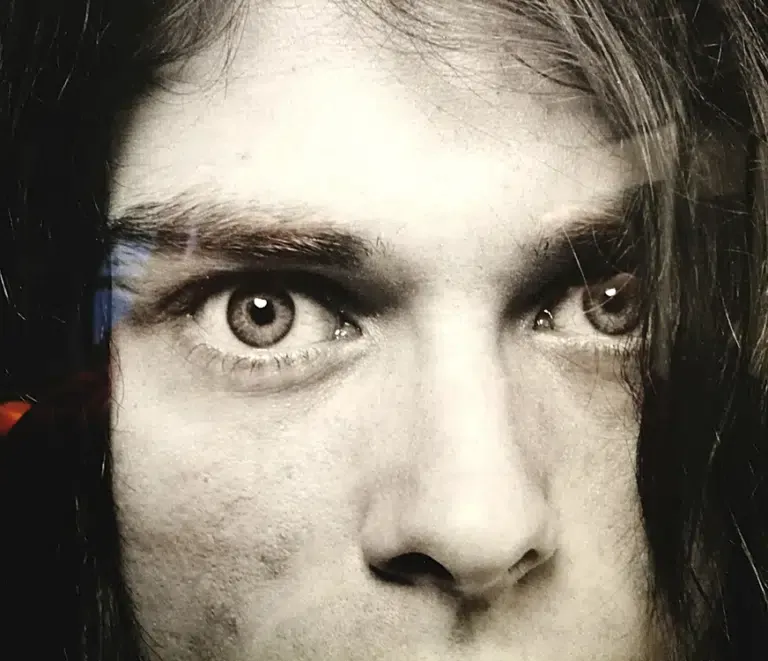
Kurt Cobain (1967-1994)
Cobain was the frontman of alternative rock band, Nirvana. He’s often hailed as one of the most influential spokespeople of a generation (though he claimed to have neither sought nor wanted that role).
The singer’s anti-establishment lyrics and skilful musical compositions pushed at the boundaries of rock music.
His songs also contained outspoken challenges to the homophobia, racism, sexism, and alienation of contemporary youth culture that he perceived in society.
Cobain’s death by suicide attracted heaps of media attention and conspiracy theories linking his wife, Courtney Love, to the incident.
But the singer’s cousin revealed that his struggles with depression and substance abuse were symptomatic of similar issues in his wider family, making his death by suicide tragically plausible.
Richey Edwards (1967-1995)
Richey Edwards was the lyricist and guitarist of the Welsh rock band, Manic Street Preachers.
His song-writing prowess overshadowed his mediocre guitar abilities. Edwards’s dark, countercultural messages resonated with fans who grew hooked on the political double meanings hidden in his lyrics.
The musician was officially pronounced dead ‘in absentia’ in 2008, though he went missing near a common suicide spot thirteen years prior, aged 27.
Since his body was never recovered, Edwards’s sister has since suggested that the star might have faked his own death. But her story remains unconfirmed.
Their ‘Gangsta Rap’ brand of music reflected on the struggles of growing up in poor, disadvantaged areas where gang violence was often the only route out for young black Americans.
Like 2Pac – who Stretch famously had bad blood with – Walker himself was fatally shot in mysterious circumstances. Some speculate a dispute over stolen cocaine was the cause, though it remains unconfirmed.
Amy Winehouse (1983-2011)
Camden-born singer, Amy Winehouse, shot to fame with her first album, Frank, in 2003.
Her bluesy contralto vocals, coupled with her unique jazz-inspired music style, earned her critical acclaim and a huge following overnight

Like Cobain, Winehouse had very public substance abuse problems. Her most-played song, Rehab, talks about her reluctance to seek help for them.
The cause of her death was officially listed as ‘alcohol poisoning’. The singer’s brother, Alex, attributed her demise more to her eating disorder – a condition that he said left her ‘weaker and more susceptible’ to dying from addiction.

Sahara Davenport (1984-2012)
Antoine Ashley (known better by the stage name, Sahara Davenport), appeared on the second series of TV show, RuPaul’s Drag Race.
A polished performer, she became known for her dancing prowess, having graduated with a BFA in dance from the Meadow School of Arts.
Outside of drag performance, she released two records in 2010 and 2011 – ‘Pump with me’ and ‘Go off’, the latter of which peaked at 35 in the US charts.
On TV, the drag star talked openly about her issues with drug abuse, revealing how her Drag Mother had helped her out of addiction. The cause of her death was officially cited as ‘heart failure’, the circumstances unknown.
If you or someone you know is struggling with any of the issues mentioned in these articles, seek help. These organisations are a good place to start.






